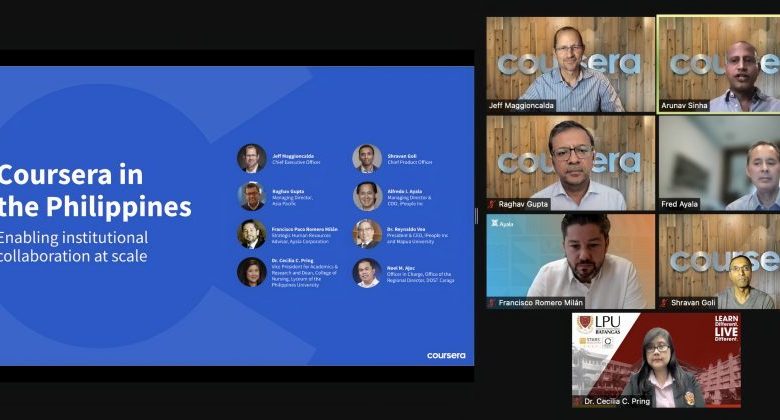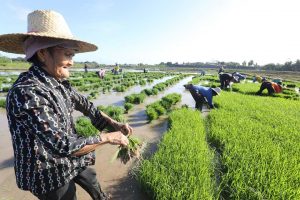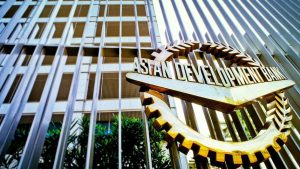Coursera initiates more projects in PHL, its 3rd fastest growing market

Online training service Coursera will pursue more partnerships with businesses, schools, and government and build accessible, mobile-friendly learning experiences in order to push the 85% year-on-year growth they observed in the Philippines, already the third fastest growing country on the platform.
Over 1.3 million learners in the country registered on the online platform over the past year, Coursera reported, making the Philippines a priority market in the Asia Pacific region. Of these learners, 61% access the platform using mobile devices.
“We’re excited to serve leading campuses and companies in the country with a growing selection of job-relevant content and credentials delivered on a mobile-friendly platform, to address the country’s skills and digital divide,” said Jeff Maggioncalda, Coursera’s chief executive officer, at an online press conference on Wednesday.
Citing the World Economic Forum’s 2020 report on the future of jobs, he explained that the pandemic had shifted teaching and learning landscapes globally, making individuals and institutions more aware of the skills needed to survive in a digital economy.
In the Philippines, this has become increasingly apparent, according to Mr. Maggioncalda: “Digital companies have done better than non-digital companies, and individuals with digital skills have done better than those who don’t have these skills.”
Among the 60 Philippine academic institutions and 10 businesses that have partnered with Coursera to address this are Lyceum of the Philippines University (LPU), Mapua University, Ayala Corp., Globe Telecom, and Bank of the Philippine Islands.
Coursera’s only government customer in the country is the Department of Science and Technology (DOST), which pioneered a Workforce Recovery program in Region XIII – Caraga. Around 75,000 scholarship grantees participated in the courses.
“In a country like the Philippines, capacity building is difficult. Thanks to Coursera, we have efficiently done it and we’re very happy to discover that Filipinos love to learn and upskill online,” said Noel M. Ajoc, DOST-Caraga’s program administrator.
He reported that they saw 2.5 million course enrollments in less than six months, with the top three courses being contact tracing, time management, and Microsoft Excel courses.
THE DIGITAL DIVIDE
To build more accessible learning experiences in the Philippines, Coursera developed the platform to allow learners to download courses, synchronize progress and quizzes, take notes with highlights, and calendar sync — all optimized for low data consumption.
The country also has 60,000 enrollments supported by financial aid, accounting for the second largest share of financial aid awarded by the service to learners in Southeast Asia.
“Generally speaking, learners come to us to learn skills to help them in their careers,” said Raghav Gupta, managing director of Coursera in APAC. “The number one trend has been the intersection between cloud computing and machine learning, with customers moving online and businesses moving to the cloud.”
CEO Maggioncalda also explained that this trend inspired the development of Coursera’s entry-level professional certificates, which serve as a path to digital jobs: “These are high-demand, good paying digital jobs where there’s far more demand than supply — but these skills can be learned totally online. This is one of the fastest growing parts of our business and an ideal solution for those looking into a new digital career.”
In the Philippines, the top three most popular entry-level certificates are IT support, social media marketing, and data analytics.
The country also leads Southeast Asia in the adoption of Guided Projects, a hands-on learning program where learners can build a job-relevant skill in under two hours. Since launching in May 2020, Filipino learners accounted for more than half of the 375,000 enrollments in Guided Projects in the region, according to Coursera.
Meanwhile, on the part of Philippines universities that integrated Coursera into college curriculums, Mapua University president Reynaldo B. Vea highlighted the growing sentiment that outcomes-based education has become more important than ever.
“There’s this idea that we should be hiring for skills instead of degrees and we wouldn’t want our graduates to miss out because of lack of skills, especially new skills that are important in this digital global economy,” he said.




